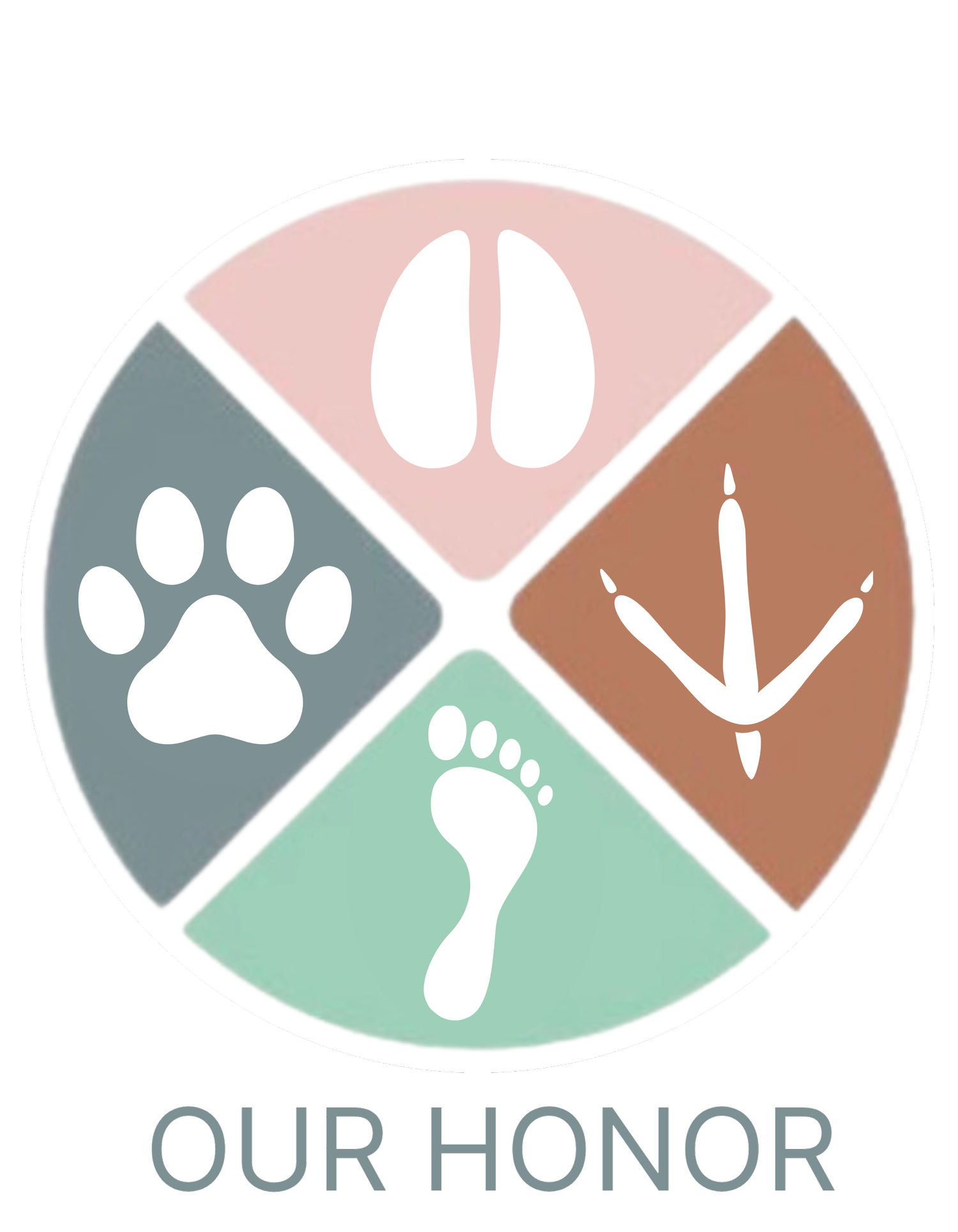Comment on Massachusetts House Bill 127, An Act prohibiting the aquaculture of any species of octopus for the purpose of human consumption
Written testimony can be submitted via email at jointcmte-Agriculture@malegislature.gov
The Honorable Members of the Joint Committee on Agriculture
Massachusetts State Legislature
24 Beacon St.
Boston, MA 02133
Re: Testimony in Support of H.127 - An Act Prohibiting the Aquaculture of Any Species of Octopus for the Purpose of Human Consumption
Dear Honorable Members of the Joint Committee on Agriculture,
On behalf of Our Honor, a nonprofit organization representing a growing network of veterinarians, veterinary students, and animal professionals committed to ethical practices and animal rights, we write in strong support of H.127, An Act prohibiting the aquaculture of any species of octopus for the purpose of human consumption.
Veterinarians are uniquely positioned to evaluate the scientific, ethical, and welfare concerns surrounding the treatment of animals. We advocate for policy grounded in science, compassion, and a deeper recognition of sentient life—including the extraordinary cognition and sensitivity of octopuses.
Octopuses are unlike any other animals routinely considered for aquaculture. They possess large brains, complex nervous systems, and exhibit behaviors that suggest not just intelligence, but emotional depth. Studies have shown their capacity for problem-solving, individual personality, exploration, and even play. These traits are not just fascinating—they carry ethical weight. Farming animals with such high cognitive and sensory abilities in artificial, confined environments violates the most basic principles of animal welfare.
There is currently no established method of aquaculture that can provide octopuses with the cognitive stimulation, environmental complexity, or social conditions they need. Attempts to do so in laboratory or experimental settings have already revealed signs of psychological distress, including repetitive behaviors and self-mutilation. Additionally, it remains unclear whether any known slaughter method can be considered humane for these animals. This is not an industry on the cusp of ethical innovation—it is one defined by unsolvable welfare concerns from its outset.
Moreover, octopuses are obligate carnivores, requiring high-protein diets composed of other marine animals. Farming them would increase pressure on wild populations, directly undermining marine biodiversity and sustainability. Simply put, this is a lose-lose proposition: a practice that would harm both individual animals and ocean ecosystems, for the purpose of serving a luxury product—not a nutritional necessity.
At a time when public trust in food systems is declining, and as consumers increasingly seek transparency, ethical sourcing, and sustainability, Massachusetts has the opportunity to show national leadership. Just as the Commonwealth has historically stood at the forefront of animal welfare reform, passing H.127 would reflect a proactive and science-aligned commitment to preventing cruelty before it is institutionalized.
Our Honor exists to protect veterinary integrity and to elevate policies that serve animals, people, and the planet. On behalf of veterinary professionals who believe we must do better—for all species—we respectfully urge the Committee to give a favorable report to H.127.
Thank you for your time and your commitment to thoughtful, compassionate policy.
Sincerely,
Dr. Crystal Heath, DVM
Executive Director, Our Honor
info@ourhonor.org
www.ourhonor.org

